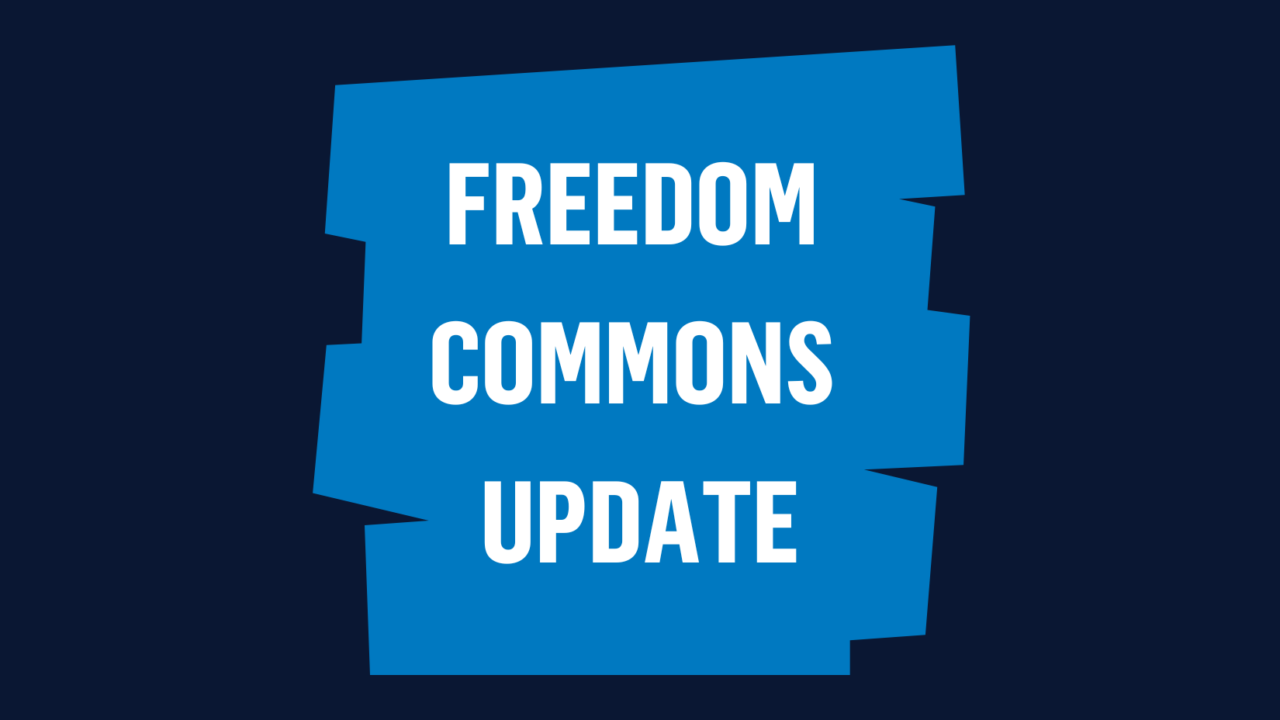Punishing The Victims: The U.S. Needs To Do Better When It Comes To Kids

March 2015
On March 16, the Inter-American Commission on Human Rights of the Organization of American States held an extraordinary hearing.
It was an examination of the United States government’s treatment of American girls and boys who are victims of commercial sexual exploitation. The petitioners, led by Kerry Kennedy of the RFK Center for Human Rights and Malika Saada Saar from Rights4Girls, told the Commission about the practice in dozens of states of police arresting underage kids on charges of prostitution. Instead of being offered shelter, trauma care, and services appropriate to trafficking victims, hundreds of abused teenagers are instead packed off to juvenile detention. In short, they are treated as criminals.
I had a chance to testify on the panel and was glad to do so. My part of the story was to compare the standards of care for child victims of commercial sexual exploitation in the U.S. with standards that IJM has helped develop in poor countries, including the Philippines, Cambodia and the Dominican Republic. When IJM works with local police to rescue children from sex establishments the victims are not arrested and they are not jailed. Instead, our local government partners bring victims to special reception centers at police stations for children. They are interviewed by specially-trained forensic psychologists, accompanied by social workers throughout the legal process and offered shelter and trauma-focused care.
Contrast that to the United States, where last year 1,000 child victims of prostitution were arrested. Rights4Girls has told me of cases where teenage girls who have been arrested on prostitution-related charges come to the courtroom in orange jumpsuits and handcuffs. American trafficking victims who are poor, African American or Latina are those most likely to be packed off to juvenile detention instead of receiving care, protection and services.
The crux of the problem is that American kids are prosecuted under state laws for prostitution even though United States’ federal anti-trafficking law, the Trafficking Victims Protection Act of 2000 clearly identifies them as victims.
“Severe forms of trafficking” is defined in the law as including “sex trafficking in which a commercial sex act is induced by force, fraud, or coercion, or in which the person induced to perform such act has not attained 18 years of age.” Thus our national law, in conformity with international human rights norms, recognizes that children are uniquely vulnerable to abuse and exploitation and their very youth makes it impossible for them to “consent.”
As Rights4Girls noted, only twelve states have laws to discourage the detention of child victims for prostitution offenses (and they vary greatly in the degree of protection they offer children). The President of the Inter-American Commission, Rose-Marie Belle Antoine of St. Lucia graciously challenged the representatives from the U.S. Department of Justice to take actions to promote adoption of the federal standard by out-of-compliance states.
In an interesting coincidence, at the very moment that the Inter-American Commission was examining the United States’ poor treatment of minor children exploited in the sex industry, the U.S. Senate was considering historic legislation to help American child victims of sex trafficking. The Juvenile Victims of Trafficking Act (S.178) funds services for child trafficking, increases penalties for perpetrators (including customers) and best of all, treats children exploited in prostitution as victims, not criminals.
Though it initially had strong bipartisan support, the legislation is currently stalled because of partisan wrangling in the Senate.